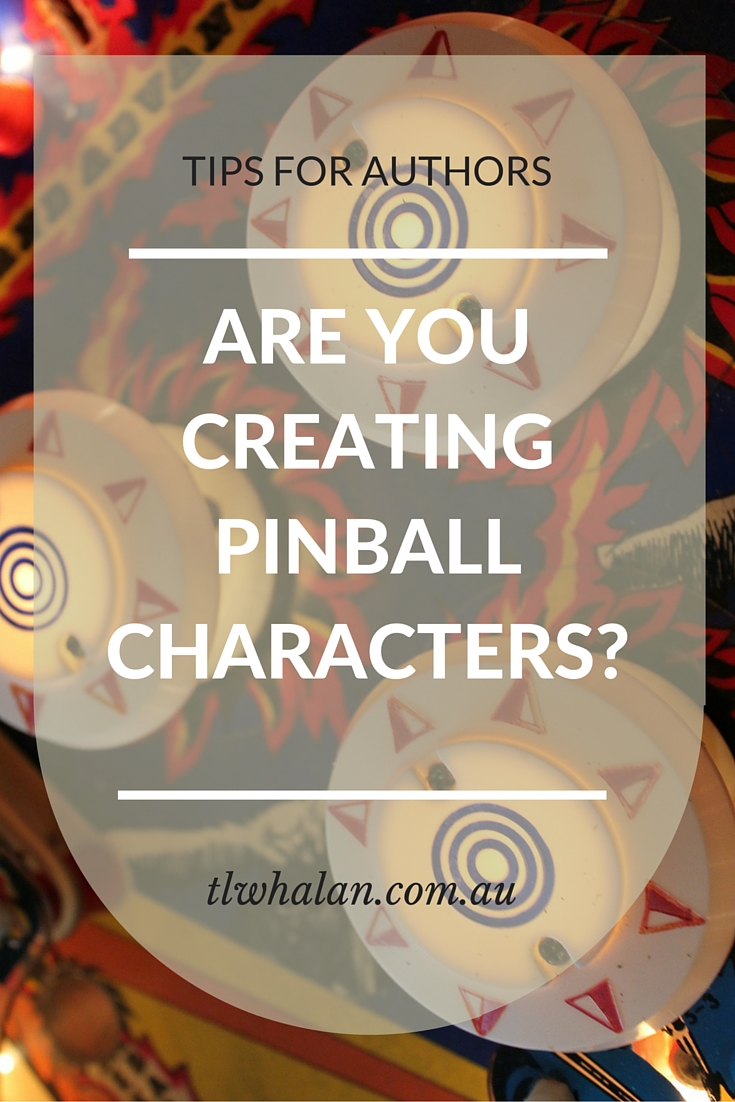
Readers like characters that do things.
Elsa was great in Frozen, because she kept trying to save her sister.
We liked Harry Potter, because he used magic to defeat Voldemort.
Pi (in Life of Pi) was stuck on a boat, but that didn’t stop him doing many ingenious things (even with the constant threat of a tiger) and saving his own skin.
We like Atticus because he fights for what he believes in, despite the community being against him.
And the reason that these characters are likeable and memorable is because they did stuff.
You may think this is a fairly basic concept. You’re thinking, “Well, of course my characters aren’t going to be sitting around drinking tea all day.” Or maybe thinking, “Duh, of course I have a plot.” And maybe you’ve got it all made. Maybe this blog post is not for you.
But I beta read many novels each year, and this means I read a lot of novels that have never (and many that will never) be published. There’s so many positives about doing this, but the big positive for me is that I get to identify problems that I hope to not replicate in my own work.
One of the biggest mistakes budding writers make is creating ‘pinball characters’.
What is a pinball character?
A pinball character is a character that lacks agency. They’re like a ball that slides out of a pinball machine. There is a person, pushing buttons, making them bounce around a hazardous and exciting world but, regardless of anything, it’s still just a ball. Maybe the ball hurts and cries, and maybe the balls feels emo about its lot in life. However, there’s nothing the ball can do that stops the game from running.
How can you spot a pinball character?
- Pinball characters need to be saved by others. All the goddamn time.
- Pinball characters are physically or psychologically incapable of doing things. (For example, they’re in a prison a whole bunch.)
- They whine a lot. (Pinball characters are often pretty devo that they lack agency, too.)
- The story resolved by coincidence, or anything else that the character didn’t actively do themselves.
- The biggest flag: Ask yourself, what could my character have done differently that would’ve changed the outcome of the story? If the answer is ‘nothing’, then you almost certainly have a pinball character.
- Worse still: Ask yourself, if my character was actually a turnip, would this story still happen? If the answer is ‘yes’, then this suggests you have a pinball character – a character with as much agency as a turnip.
But the point of my novel is that my character is in terrible, awful hardship!
Yes, I get this. I understand that you’re throwing all the sludge at your character to create conflict and give us a compelling read. I’m not saying that terrible things shouldn’t happen to your character – they should! Often!
But when your character encounters hardship, they need to actively confront it and change the course of the story. If they fail to do things, then they are not interesting to read about.
How do I fix a pinball character?
A pinball character is often a reflection of a much broader problem in plotting. This means that there are no easy fixes for a pinball character.
Sometimes, characters can look less-pinbally if you introduce some foreshadowing or just cut out some of the whining.
But most of the time, much larger and more daunting changes need to be made. But these are important changes to make! Your reader will be far more engaged and satisfied with your story if you have a character with agency.
When your character is acting like a pinball (i.e. being thrust around by their world), ask yourself what your character could do now that would change the course of the story… And let them do that! Yes, this means that sections of your novel are going to have to change. Maybe big sections. Maybe the whole novel!
If you’re finding this mighty hard, then maybe you need a different protagonist to your story. Yes, this is a lot of work, too, I know – but maybe your ‘villain’ or your best friend or the cop has a much more active role in the story, and maybe they should be the ones we focus on throughout.
Do you have any other ideas on how to spot a pinball character?
Do you have any further suggestions on fixing one?
Comment below.
Further reading:
So I made up the term ‘pinball character’, but Moon in Gemini has a great post called Seven Things You Need To Know About Deus Ex Machina, which makes it sounds like they knows more than me about this. I’d recommend it.
You might also like from Janice Hardy’s What a Coincidence! Creating Plots That Don’t Feel Like Accidents.